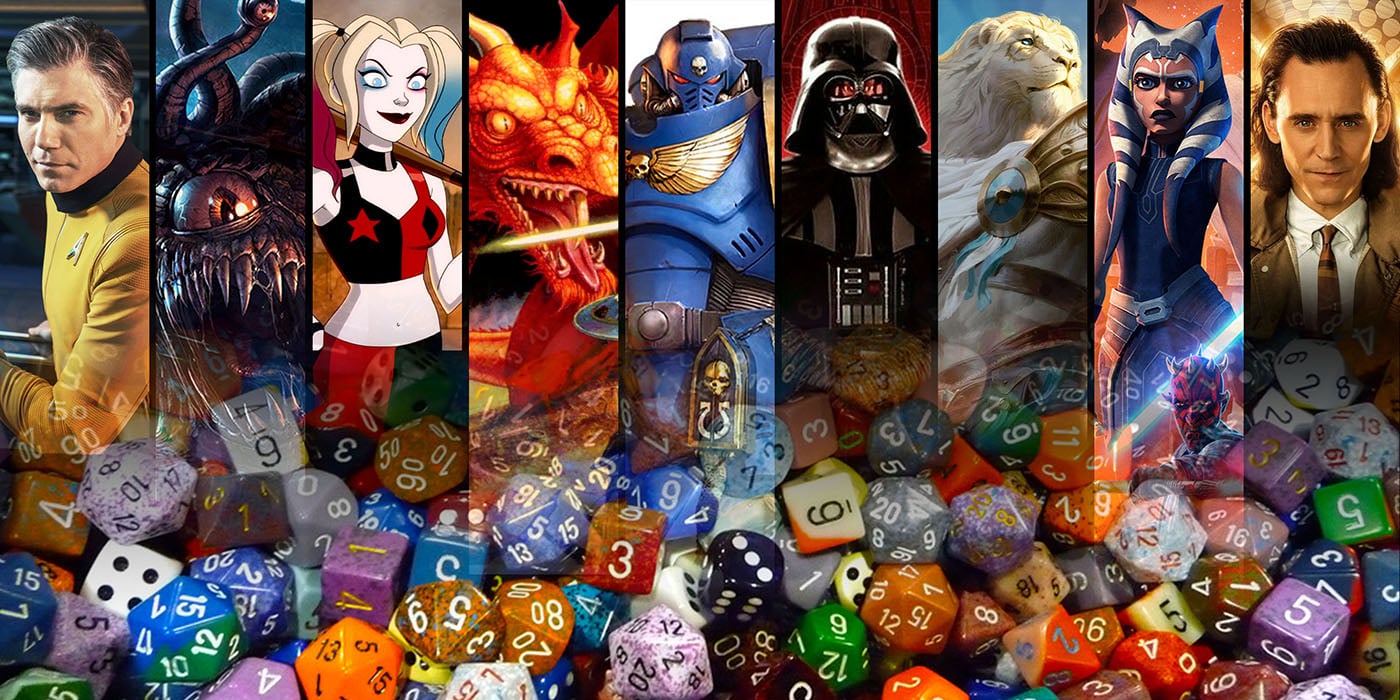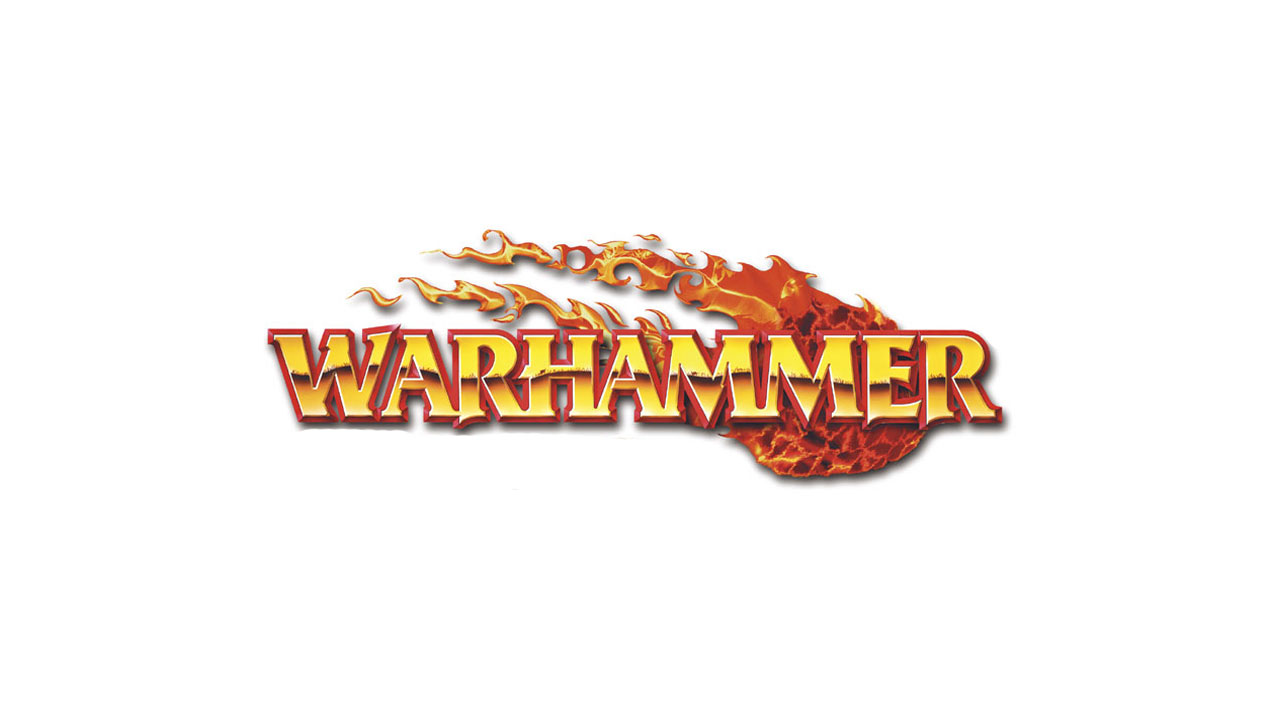Deep Thought: Who Kills Old Games – Players or Manufacturers?


In the aftermath of WFB being put out to pasture the question going around is – how much should players feel responsible for the death of old games?
Laws of Nature
It’s a highly charged question and hanging around lots of gamers this summer it keeps coming up. Here’s a short version of the arguments that most often come up:
Games require regular purchases from their playerbase to stay alive and vibrant.
The larger a gamesystem – the more purchases it needs to stay alive – one of the few advantages smaller newer companies have over larger older ones.
Games that have very long lifespans all eventually run into the problem of product saturation. At some point the average player has a large enough collection to play comfortably. So how does a game continue to bring in revenue without expanding out of control into an unmanagable mess of products (which will scare away new players trying to enter), or invalidating older sections of their product line to make new products attractive (which will piss off old veteran players) .
Will every game eventually wither and die under the weight of it’s own size and success? Is it even possible to create an evergreen tabletop game that can survive for 50+ years? Or should a game company eventually let older systems naturally die and replace them with fresh offerings?
Do players have any responsibility to regularly purchase products for a game system they are invested in to keep it alive?
The Patient: Warhammer Fantasy
Of course the burning hot center of this intellectual exercise is Warhammer Fantasy Battles.
The gamesystem was beyond old and into ancient territory by tabletop game standards. It started in 1982, and survived 8 editions across 33 years. It was born in the era of CAR WARS, Ronald Reagan was in his first term as president of the US, the Commodore 64 home computer was launched and the Falklands War began involving the UK.
Warhammer was revolutionary and ushered in an entire genre and industry – which it dominated for roughly 2 decades. The game changed in an evolutionary manner and slowly came to be surrounded by an entire industry of first imitators then competitors.
At some point roughly ten years back sales began to go south and it was apparent that WFB’s customers were no longer buying new minis in large numbers. If the reports swirling around are correct, it was down to 15% of GW sales before Nottingham pulled the plug. In almost any other company a product line would have been taken out back and shot years earlier with that kind of performance. So in a way WFB players should be happy that GW let the game go on as long as they did.
Which gets us back to the core question – who is to blame?
– Do we blame the players for sitting back for over a decade and continuing to use their existing model collections rather than buying new models regularly to expand thier collections and keep the game alive?
– Do we blame GW for failing to create WFB products attractive enough to produce strong continual sales?
– How much should any company be expected to shake up and purposely invalidate potions of a long lived game to drive new sales? (Think of how Magic the Gathering is still kicking after 22 years – and what techniques it uses to stay fresh, or Apple with it’s continual cycle of newer better electronics that invalidate those high priced gizmos you bought 2 years back)
– Or did nature just run it’s course?
It’s a hard one to figure out and it’s a question that has direct implications for every other long-lived game system out there?
My personal feeling is tabletop gamers almost uniquely have an unreal expectation that thier purchases should be usable for life – something that exists in almost no other industry. It’s a dangerous assumption that holds the seeds of a tabletop game’s death. I think that ultimately manufacturers of tabletop games, as in all other industries should be expected to invalidate older product offerings with newer ones to drive sales and stay in business. It will never be popular, but its necessary – and hey you have to give those marketing departments something to do to earn thier salaries.
~Where do you think the blame lies with the death of long lived games?



